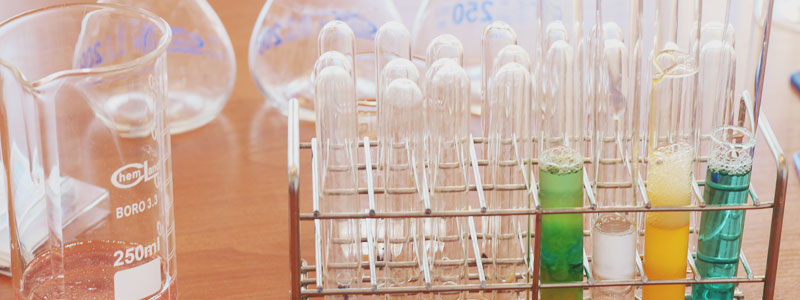Three Potential Chemical Hazards in the Workplace
When we think of chemical hazards in a workplace we instantly think of industrial careers that revolve around the direct use of these chemicals. However, chemicals exist in many workplaces, and in all of these many settings there are huge consequences if the chemicals are not managed efficiently. Burning of Skin and Eyes Chemical burns […]

Available 24/7
Free Case Review
You won’t pay any fees until we win your case.
It’s easy - you can:


